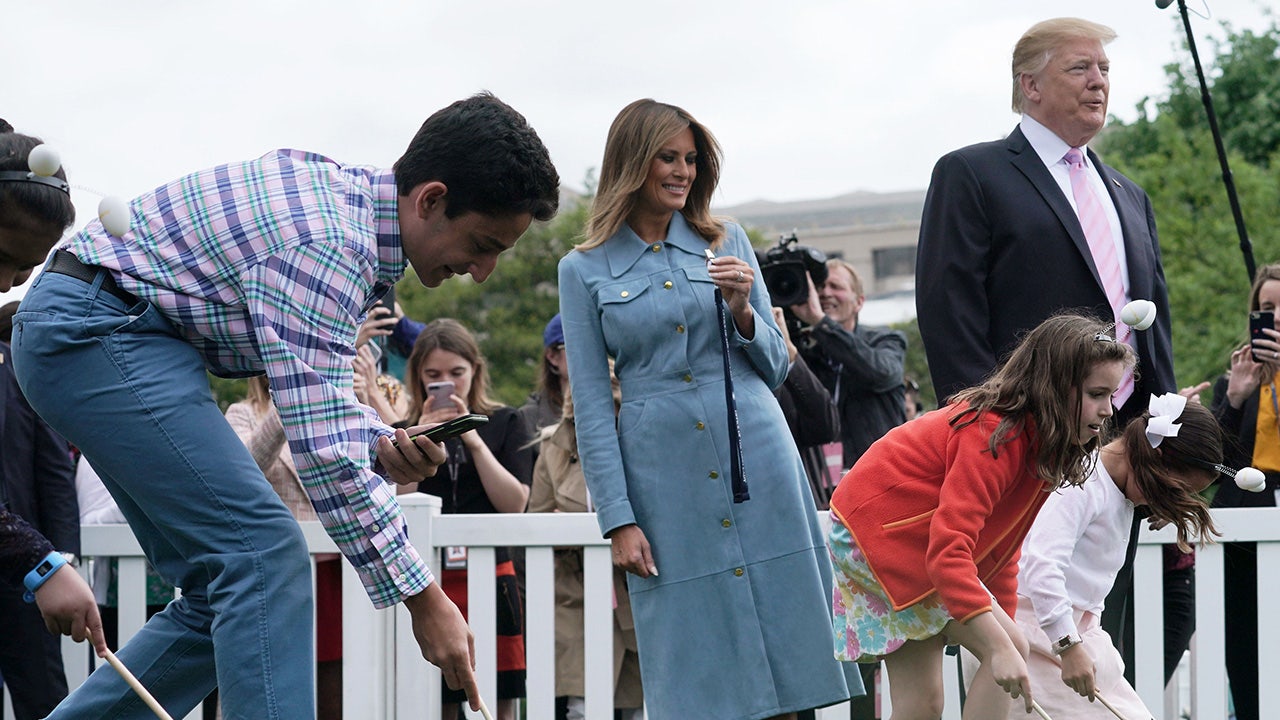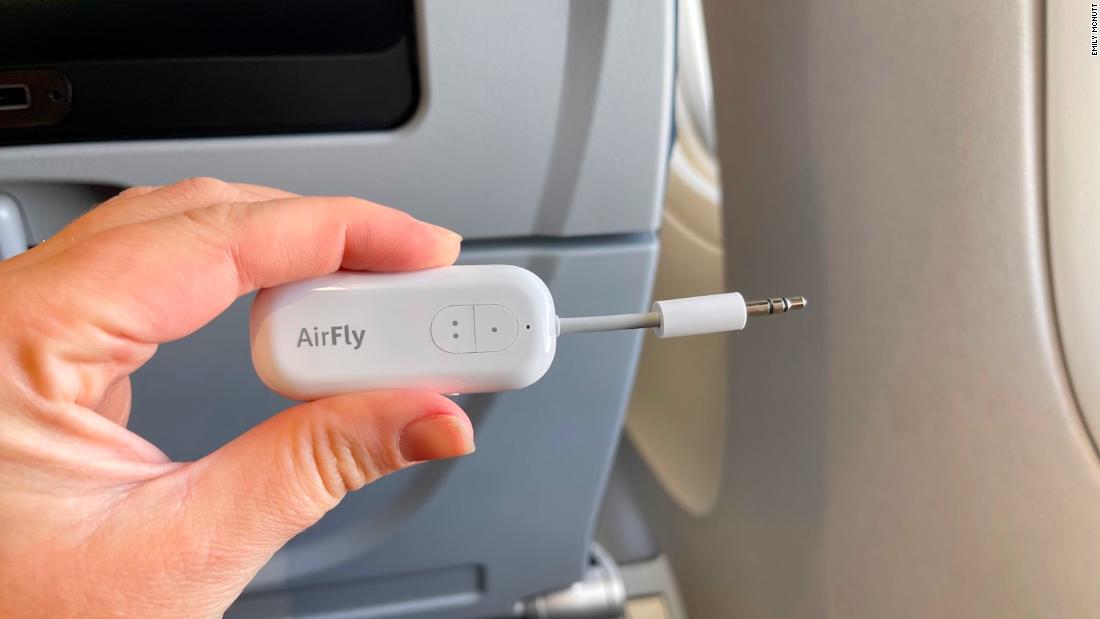ARTICLE AD BOX
The Department of Justice on Monday defended President Trump’s decision to kick The Associated Press out of the “pool” that covers the White House, saying the wire news service no longer deserves the “unfettered access” it used to get.
In a court filing, the department said the AP is still allowed to be part of the general throng of journalists who report on the president’s doings. But Mr. Trump has personally decided the news service shouldn’t be guaranteed an exclusive space at every public presidential event — even when that access is denied to most reporters.
“Most journalists have no routine access to the Oval Office, Air Force One, or the President’s home at Mar-a-Lago. Presidents historically provided this special access to the Associated Press, but that discretionary choice does not create a constitutional right,” wrote Brian P. Hudak, chief of the Justice Department’s civil division.
Mr. Trump blocked the AP from its usual space in the White House press pool after the service refused to replace “Gulf of Mexico” with “Gulf of America” in its articles. The federal government has officially made the change, but the AP says it has an international audience it must cater to.
The AP says Mr. Trump’s decision is unconstitutional because it amounts to a government punishment for a news organization in a dispute over the AP’s protected First Amendment rights.
The White House says the AP continues to maintain access to the White House, just as hundreds of other news outlets do. But it no longer has a guaranteed spot in the pool, which is a smaller group of reporters that has access to events in the Oval Office, on Air Force One and on presidential excursions.
On Air Force One, for example, there are 13 press spaces. Three have traditionally been designated for reporters from the AP and other wire services, and five spaces go to photographers. Four slots are designated for the television and radio networks, who rotate turns.
Two other seats are designated for what was traditionally print media reporters. They write what’s known as “pool reports” that the other journalists can rely on for reporting. The print pool slots are rotated among dozens of news outlets.
Similar arrangements exist for Oval office events.
The AP has lost that special access and now must rely on the pool reports and television coverage, as well as their own sources, to learn what happened. That puts them in a tougher position than Reuters, another major wire service, but in a similar boat as The Washington Times, The New York Times and The Wall Street Journal.
Mr. Hudak said that is enough.
“The Constitution does not require that the Associated Press receive permanent, guaranteed status in the press pool, and the Associated Press can point to no case holding that any journalist has such a sweeping liberty interest protectable under the confines of the Fifth Amendment’s procedural due process clause,” he wrote.
The White House Correspondents’ Association, the organization that helps the White House arrange the pool and allocates seats in the press briefing room, filed a brief Sunday backing the AP. The association said it, not the White House, should control who is part of the pool.
“The government should never interfere with the operation of an independent press, nor should it demand that reporters adopt the government’s messaging, framing, and, indeed, ideological worldview. Such conduct is wholly at odds with the Constitution and cannot be permitted to persist,” the association said.
The Washington Times is a member of the association.
The AP has sought a temporary restraining order to regain access to the press pool.
The Justice Department said in order to win, the AP must show that its news gathering has been impinged. Mr. Hudak said the AP can’t do that. The service continues to file reports even without the special pool access, relying on the pool reports the way most other reporters do.

 1 month ago
42
1 month ago
42








 English (US) ·
English (US) ·